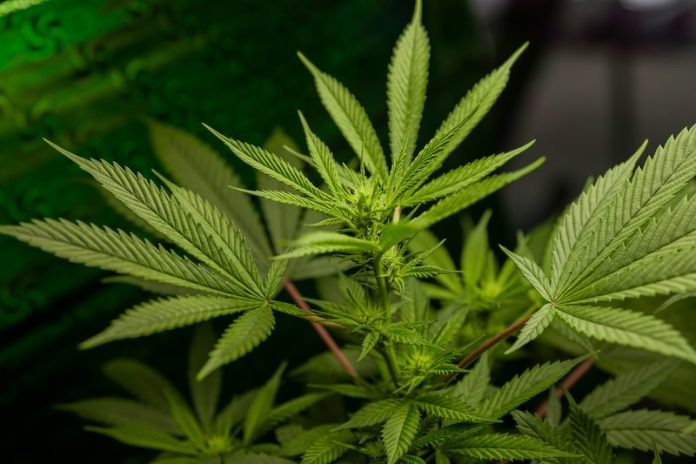
High blood pressure, or hypertension, is a common and serious medical condition where the pressure of blood against the walls of the arteries is consistently too high. In a healthy person, blood pressure is typically around 120/80 mmHg.
However, when someone has high blood pressure, their readings consistently show 130/80 mmHg or higher.
This condition is dangerous because it significantly increases the risk of developing heart disease, stroke, and other severe health problems if it is not properly managed.
Several factors can contribute to high blood pressure. These include aging, a family history of the condition, being overweight or obese, and leading a sedentary lifestyle. Dietary habits also play a role, particularly a diet high in salt.
The use of alcohol and tobacco, along with chronic stress, can also contribute to the development of high blood pressure.
Additionally, certain underlying health conditions can make a person more susceptible to hypertension.
A recent study conducted by researchers at Georgia State University has shed light on a potential new risk factor for high blood pressure-related deaths: marijuana use.
The study focused on adults aged 20 and above, asking them whether they had ever used marijuana. Those who answered “yes” were categorized as marijuana users for the purposes of the research.
The study’s findings were striking. Researchers found that individuals who used marijuana had a 3.42 times higher risk of dying from complications related to high blood pressure compared to those who did not use marijuana.
Moreover, the study revealed that the longer a person used marijuana, the greater their risk of dying from high blood pressure.
Marijuana’s impact on the cardiovascular system appears to be a key factor in this increased risk. When a person uses marijuana, it can cause their heart rate to increase and their blood pressure to rise.
Additionally, marijuana use can increase the body’s demand for oxygen. In some cases, individuals have experienced chest pain or even heart attacks after using marijuana.
These effects suggest that marijuana may place significant strain on the cardiovascular system, potentially more so than smoking cigarettes.
The researchers behind this study suggest that the risk of heart problems associated with marijuana use could be higher than the risks linked to cigarette smoking.
This finding is particularly important as marijuana use becomes more common and socially accepted in various parts of the world.
While marijuana is often perceived as relatively safe, this study highlights the importance of considering its potential risks, especially for people who are already at risk of high blood pressure and heart disease.
The study was led by Barbara A. Yankey and her team and was published in the European Journal of Preventive Cardiology.
Their research adds to a growing body of evidence that suggests marijuana use may have serious health implications, particularly for the heart and cardiovascular system.
As more research is conducted, it will be crucial for healthcare providers and individuals alike to weigh the potential risks and benefits of marijuana use, especially in the context of long-term health and wellness.
If you care about high blood pressure, please read studies that early time-restricted eating could help improve blood pressure, and natural coconut sugar could help reduce blood pressure and artery stiffness.
For more information about blood pressure, please see recent studies about How to eat your way to healthy blood pressure and results showing that Modified traditional Chinese cuisine can lower blood pressure.





